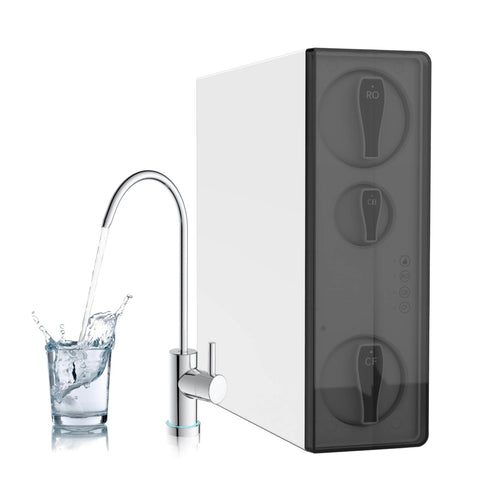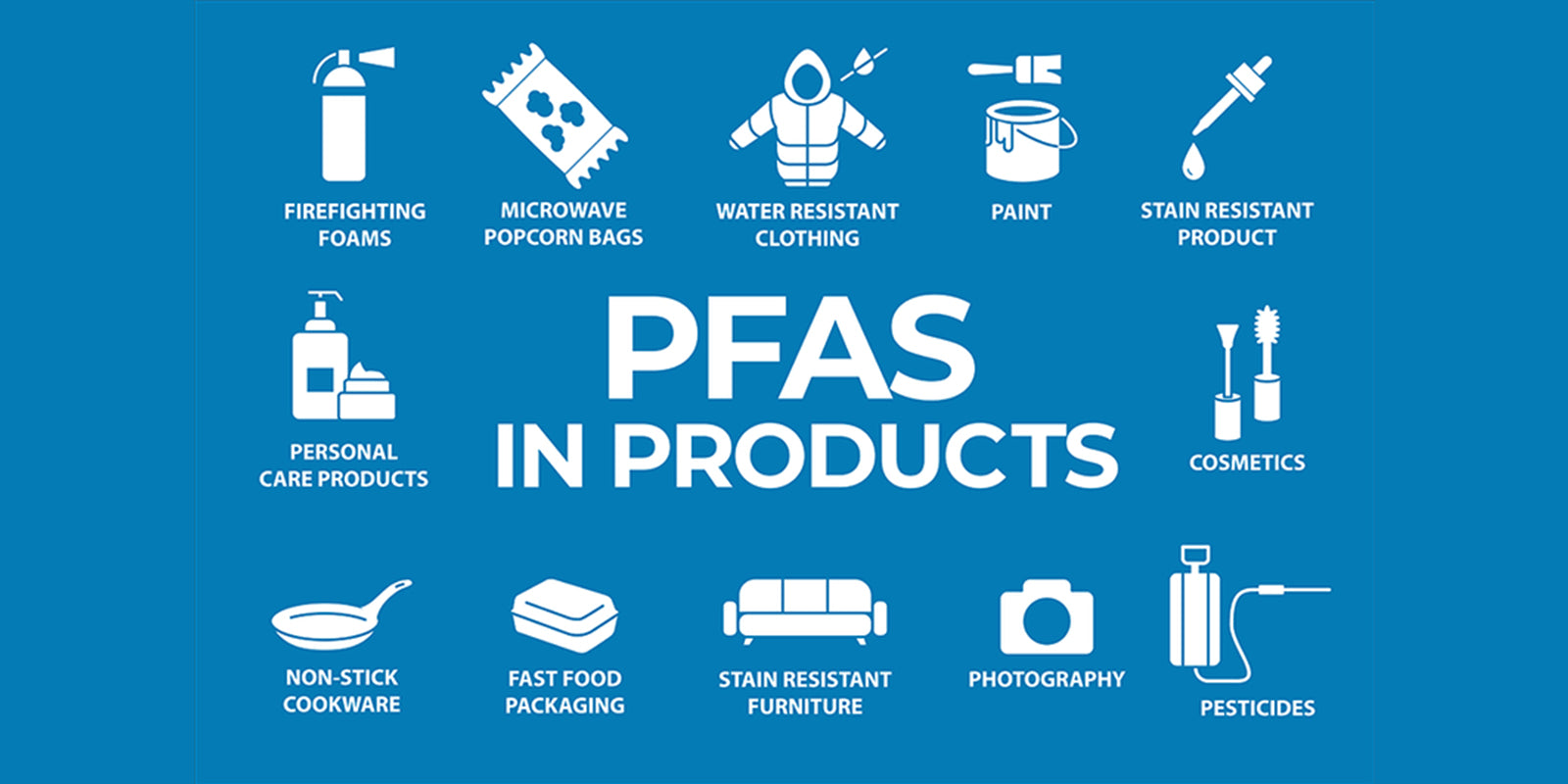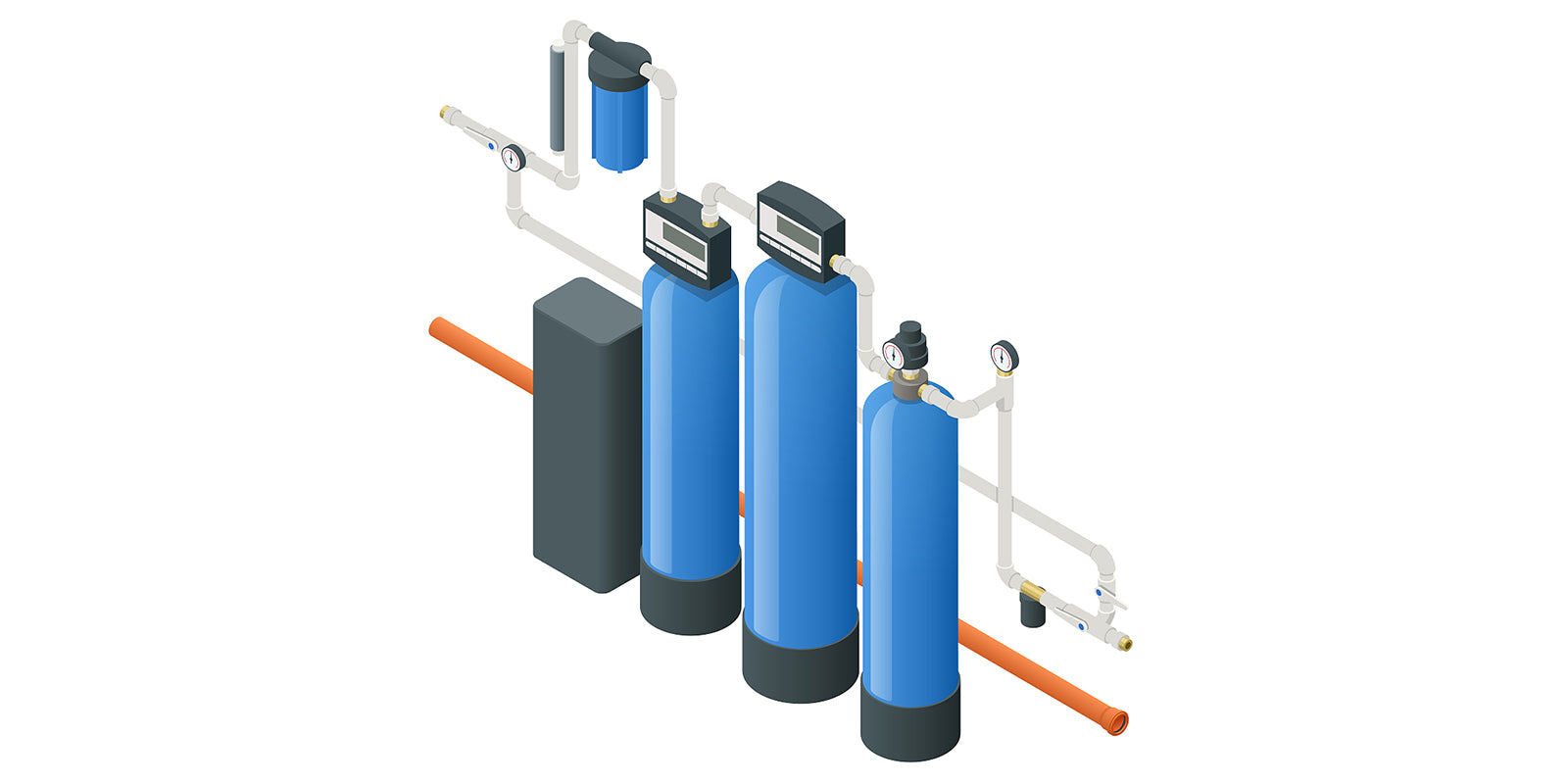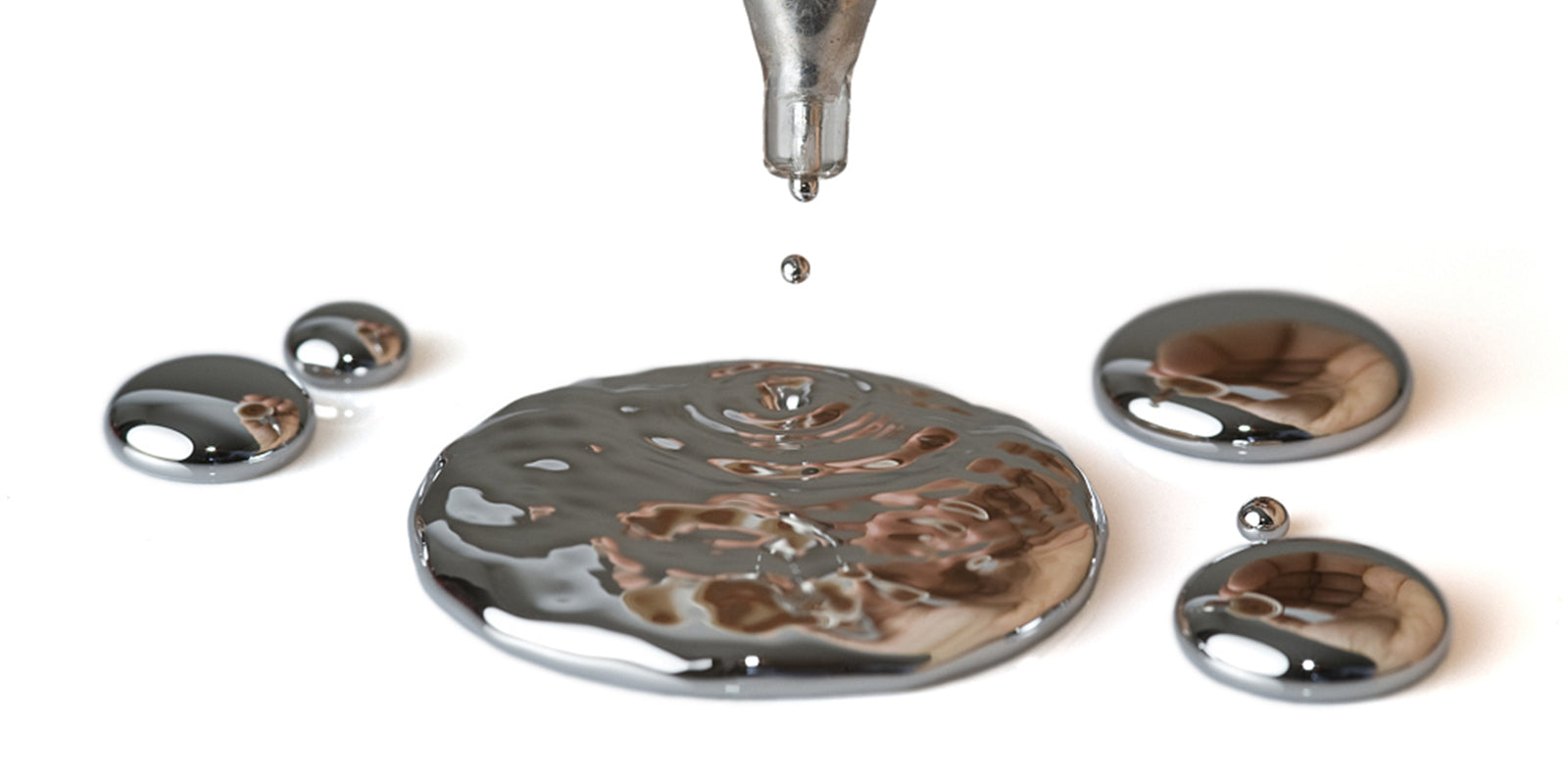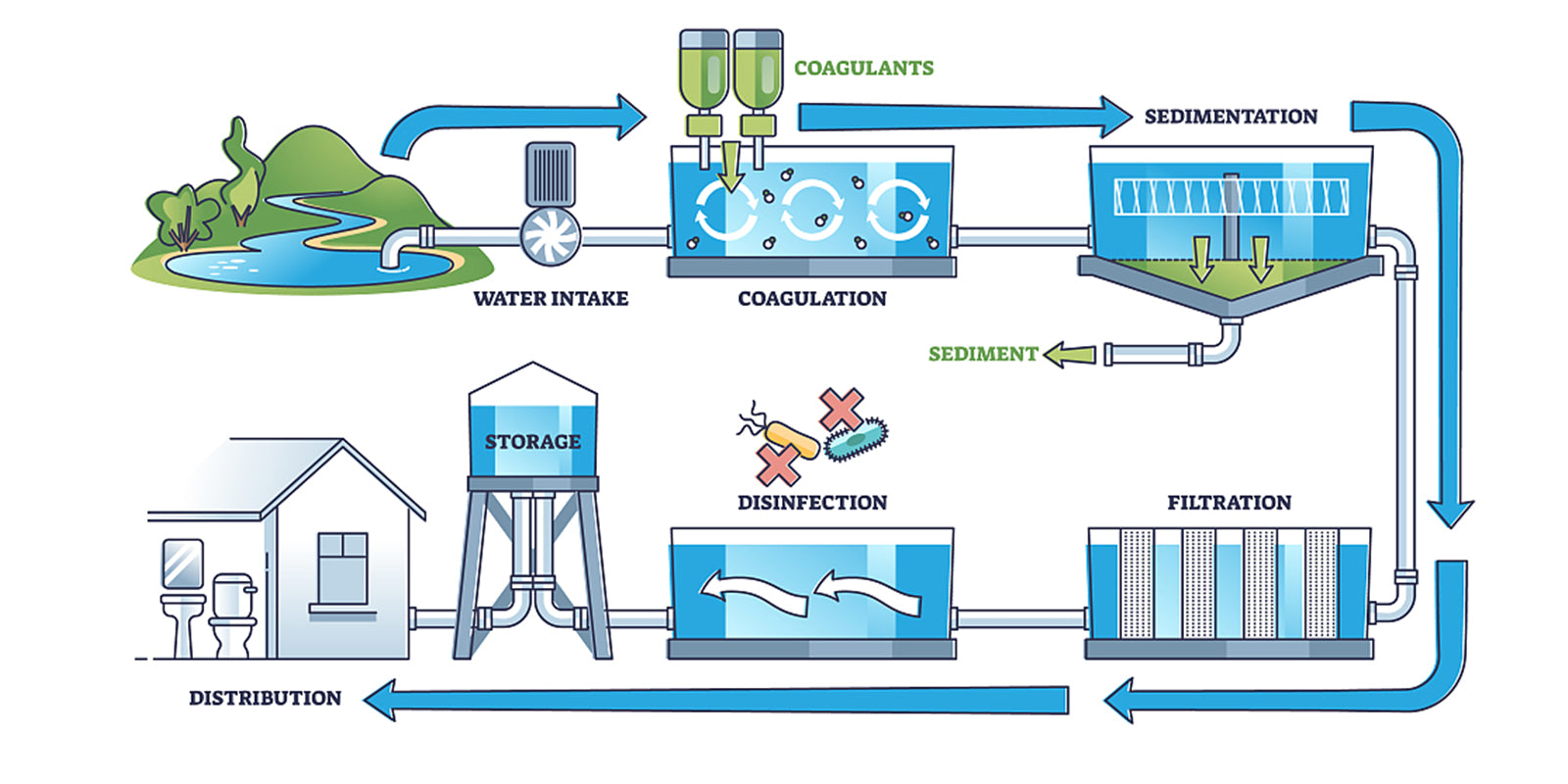If you’re in the market for a new RO water filter system, you may be wondering if a tank or tankless model is right for you. There are advantages and disadvantages to both tank and tankless RO systems, so it can be tough to decide which is the best option. Read on as we look at the pros and cons of the tank and tankless RO systems to help you decide which one is the smart choice for your home and family.
Difference between Tank and Tankless Water RO water filter systems
The main difference between traditional tank water RO water filter systems and tankless water RO water filter systems is, as you may have guessed, the tank. A tank water RO water filter system stores water in a storage tank, while a tankless model supplies water on demand. Common energy sources for water RO water filter systems are electricity, while some houses driven RO systems by high water pressure.
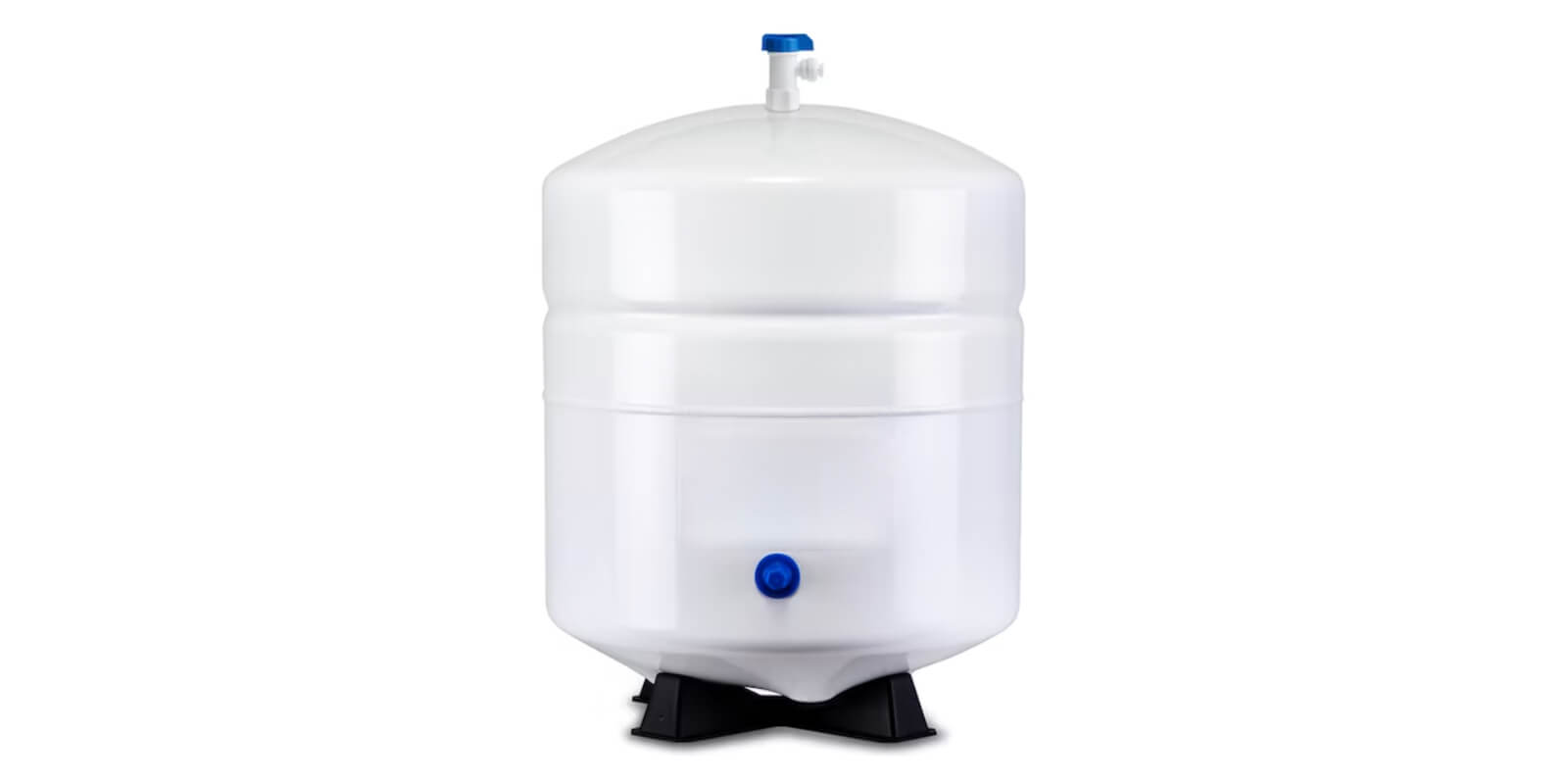
How does tank RO water filter system work?
A tank water RO water filter system has a tank that stores water. Due to the slower filtration speed, the water filtration is early before the user drinks and is stored in the pressure tank. When the user needs water, turn on the faucet, and the filtered water in the tank will be squeezed out by the compressed air in the rubber bag.
How does tankless water RO water filter system work?
A tankless water RO water filter system is a type of water RO water filter system that doesn’t use a storage tank. When you turn on the water, the tankless water RO water filter system starts to filter the water right away. The filtered water then flows through your pipes to the faucet at moment. Users drink fresh pure water immediately, so there is no secondary pollution problem. Compared with the tank water filter, the biggest feature of the tankless is that the water storage tank is eliminated, the space under the kitchen is released, and the problem of water consumption is also solved.
In terms of space
The water filter with tank is relatively large, and the water filter without tank can be used normally only by installing the necessary components, which saves space. You need to reserve a certain amount at home before purchasing a tank water filter. The position is reserved for the pressure tank.
In terms of water output
Tank water filters have the advantage of pre-storing water, so the speed and amount of water output are more convenient to control. Although tankless water filters realize “pour and drink”, if the water and electricity situation in someone’s home is unstable, for example In special circumstances such as water cuts and power outages during a meeting, the water filter cannot be used without a tank.
Conclusion
Tank and tankless water filters have their own advantages and disadvantages. How to choose one needs to consider various factors, such as your own budget, installation conditions, and demand. From a health perspective, it is better to choose a tankless water filter. I believe this will also be a trend in the future.
AWater 1 Tankless Reverse Osmosis System Under Sink RO Water Filtration
